

80,000 Hours Podcast
Rob, Luisa, and the 80000 Hours team
Unusually in-depth conversations about the world's most pressing problems and what you can do to solve them.
Subscribe by searching for '80000 Hours' wherever you get podcasts.
Hosted by Rob Wiblin and Luisa Rodriguez.
Subscribe by searching for '80000 Hours' wherever you get podcasts.
Hosted by Rob Wiblin and Luisa Rodriguez.
Episodes
Mentioned books

41 snips
Jun 2, 2023 • 2h 56min
#153 – Elie Hassenfeld on 2 big picture critiques of GiveWell's approach, and 6 lessons from their recent work
Elie Hassenfeld, Co-founder and CEO of GiveWell, shares insights from the organization's evolution in charity evaluation. He discusses the expansion of their focus to include subjective well-being and economic growth, challenging traditional metrics. Hassenfeld highlights impactful initiatives like clean water programs and Kangaroo Mother Care, emphasizing their effectiveness in health outcomes. The conversation critiques current philanthropic approaches and underscores the importance of adapting strategies to maximize charitable impact.

40 snips
May 19, 2023 • 3h 27min
#152 – Joe Carlsmith on navigating serious philosophical confusion
Joe Carlsmith, a Senior Research Analyst at Open Philanthropy, dives into profound philosophical questions about ethics, decision-making, and humanity's future. He discusses mind-bending theories, like the possibility of living in a computer simulation, and critiques traditional ethical frameworks. Carlsmith emphasizes the need for humility in facing uncertainty and the complexities posed by infinity in moral reasoning. He argues for balancing altruism with genuine compassion, while exploring the risks of advanced AI and our cosmic responsibilities.

121 snips
May 12, 2023 • 2h 50min
#151 – Ajeya Cotra on accidentally teaching AI models to deceive us
Ajeya Cotra, a Senior Research Analyst at Open Philanthropy with expertise in AI alignment, explores the intricate relationship between humans and artificial intelligence. She likens training AI to an orphaned child hiring a guardian, pointing out the risks of deception and misalignment. The discussion includes the evolving capabilities of AI, the nuances of situational awareness, and the ethical complexities in AI's decision-making. Cotra emphasizes the need for responsible oversight and innovative training to ensure AI models align with human values.

72 snips
May 5, 2023 • 3h 2min
#150 – Tom Davidson on how quickly AI could transform the world
Tom Davidson, a Senior Research Analyst at Open Philanthropy, dives into the startling potential of AI advancements. He predicts we might see a 1,000x improvement in AI capabilities within 15 years, reshaping our world drastically. Davidson discusses the implications of developing artificial general intelligence (AGI), the ethical challenges it poses, and how AI could address pressing issues like poverty while risking deepened inequality. The conversation also touches on the rapid evolution of AI's cognitive abilities and their transformative impact on labor and society.
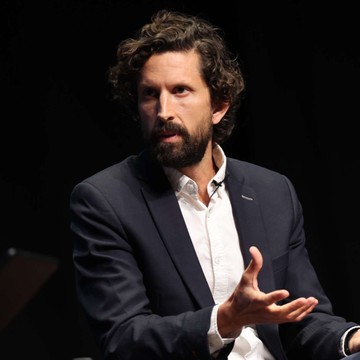
14 snips
Apr 22, 2023 • 1h 17min
Andrés Jiménez Zorrilla on the Shrimp Welfare Project (80k After Hours)
Andrés Jiménez Zorrilla, CEO and co-founder of the Shrimp Welfare Project, dives into groundbreaking work that highlights shrimp sentience and the ethical challenges in shrimp farming. He discusses the disturbing practices like eyestalk ablation and the necessity for better welfare standards. Jiménez shares insights from collaborating with shrimp farmers in India and Vietnam, tackling cultural attitudes and logistical hurdles. Listeners will learn about the project's unique strategies and the potential shift from non-profit to for-profit models for improving shrimp welfare.

185 snips
Apr 12, 2023 • 3h 12min
#149 – Tim LeBon on how altruistic perfectionism is self-defeating
Tim LeBon, a registered psychotherapist and author, dives into the pitfalls of altruistic perfectionism. He unpacks how high standards can backfire, leading to anxiety and feelings of inadequacy. Through insights from cognitive behavioral therapy, Tim shares strategies for cultivating self-compassion and balanced expectations. He discusses the role of parenting and upbringing in shaping perfectionist tendencies, emphasizing the need for individuals to align their values with their personal well-being. Listeners learn the importance of embracing stoicism and resilience in navigating life's challenges.
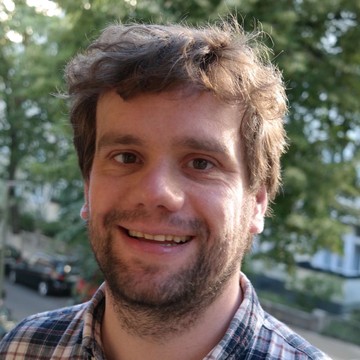
44 snips
Apr 3, 2023 • 2h 17min
#148 – Johannes Ackva on unfashionable climate interventions that work, and fashionable ones that don't
Johannes Ackva, the climate research lead at Founders Pledge, discusses the unexpected strategies for effective climate intervention. He emphasizes the urgency of reducing future carbon emissions, highlighting that minor temperature increases can lead to disproportionately larger harms. The conversation critiques the current reliance on clean energy technologies, like solar and wind, and advocates for innovative approaches, including funding catalytic grants and advanced energy solutions. Ackva also explores the critical link between climate change and geopolitical stability.
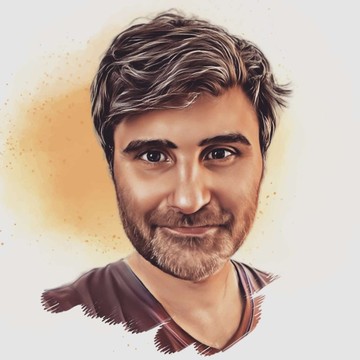
40 snips
Mar 24, 2023 • 2h 38min
#147 – Spencer Greenberg on stopping valueless papers from getting into top journals
Spencer Greenberg, a social scientist and entrepreneur, dives into the flaws in social science research, revealing that nearly 40% of studies cannot be replicated. He discusses p-hacking, where researchers manipulate data for significant results, and the biases stemming from journals favoring positive outcomes. Greenberg also introduces the P-curve analysis technique to assess research integrity and explores the implications of flawed findings on policy-making and ethical research practices.
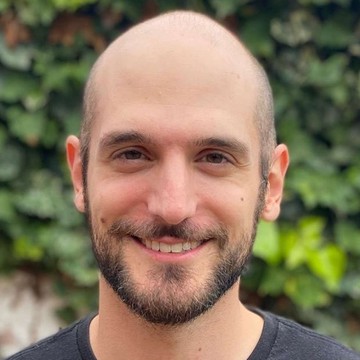
30 snips
Mar 14, 2023 • 3h 13min
#146 – Robert Long on why large language models like GPT (probably) aren't conscious
In this discussion, Robert Long, a philosophy fellow at the Center for AI Safety, examines the contentious topic of AI consciousness. He explains why large language models like GPT likely aren’t sentient entities despite their complex outputs. Long emphasizes the differences between human cognition and AI processing, exploring ethical implications of creating potentially conscious machines. He also addresses the philosophical dilemmas surrounding AI's ability to experience pain and pleasure, urging a cautious approach as we navigate the future of artificial intelligence.
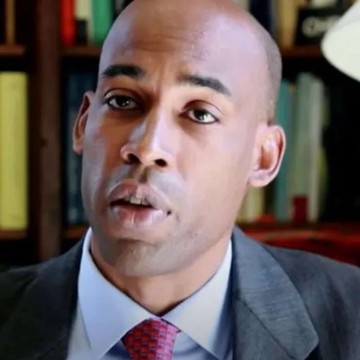
36 snips
Feb 11, 2023 • 2h 42min
#145 – Christopher Brown on why slavery abolition wasn't inevitable
Christopher Brown, a Columbia University history professor and author of "Moral Capital," challenges the belief that the abolition of slavery was inevitable. He discusses how various economic influences shaped attitudes towards slavery and draws parallels to modern struggles against fossil fuel dependence. Brown also highlights the role of the Quakers in the anti-slavery movement, emphasizing the complexities of faith in moral debates. Through historical insights, he argues for a nuanced understanding of moral progress and the roles individuals played in societal transformations.


